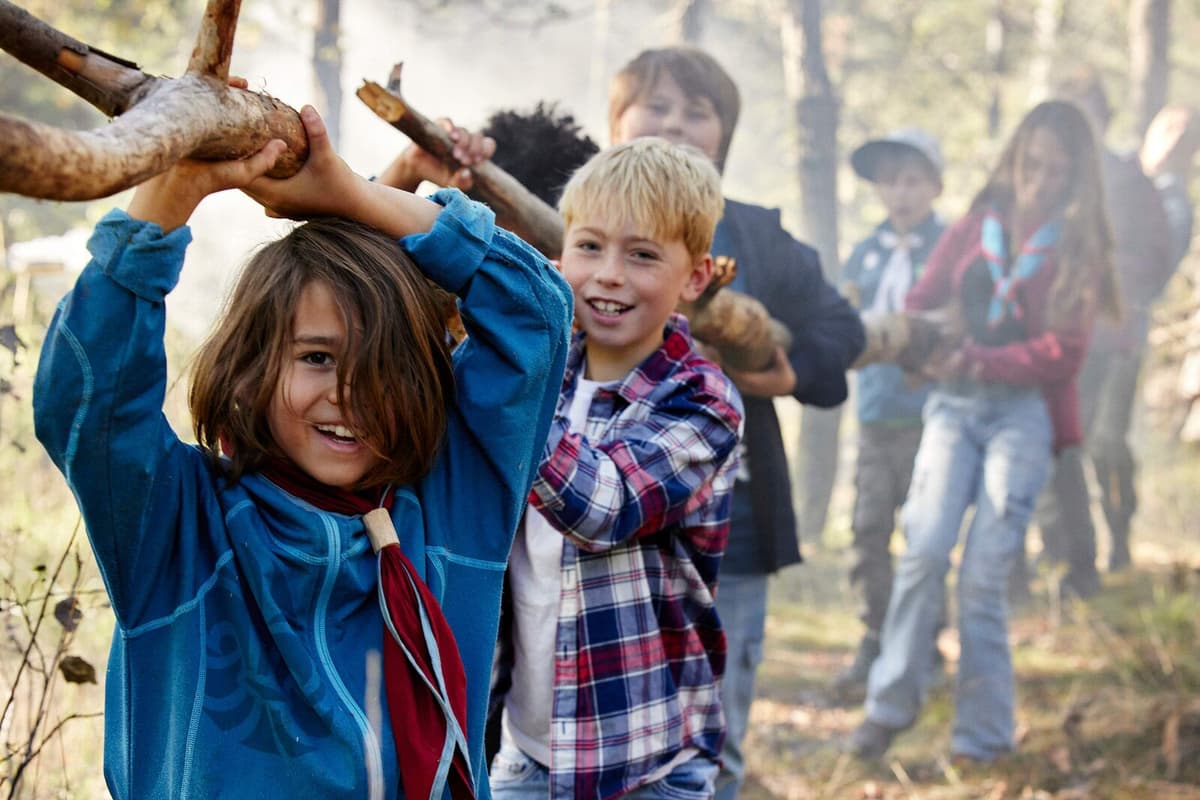More than 83,000 people in Sweden are scouts, and scouting activities are now available in around 280 municipalities. Anna-Karin Hennig, the Scouts' General Secretary, believes there are several explanations behind the increased engagement.
What we do, which is about community outdoors, allowing development at one's own pace without competition and performance requirements, responds so well to many of the challenges faced by children and young people today – a lot of sitting still, a lot of screen time, a lot of uncertainty and a lot of performance pressure, she says.
Feeling good without a screen
Many parents and guardians get in touch and want their children to find joy in physical activity. Engaging in the Scouts can also be a way to reduce screen time.
Putting away one's phone feels foreign and not always positive, but after a while, when you get used to it, you discover other things and you discover each other, says Hennig.
You do things and you see each other and you are here and now in a slightly different way. The children say they feel good about it. We all feel good about it.
Feeling capable
Since Russia launched its full-scale war in Ukraine over three years ago, prepping and crisis preparedness have moved higher up on the agenda.
Anna-Karin Hennig says that children within the Scouts show an interest in what is being said in the news and what it means to be prepared.
It's nice to know that you can cook your food without electricity and you know how things work and you can navigate in the forest and countryside, she says.
Advertisement
There is a desire in all of us to feel capable and, above all, the psychological security – to know that you're not alone, that there are people around you to rely on.






